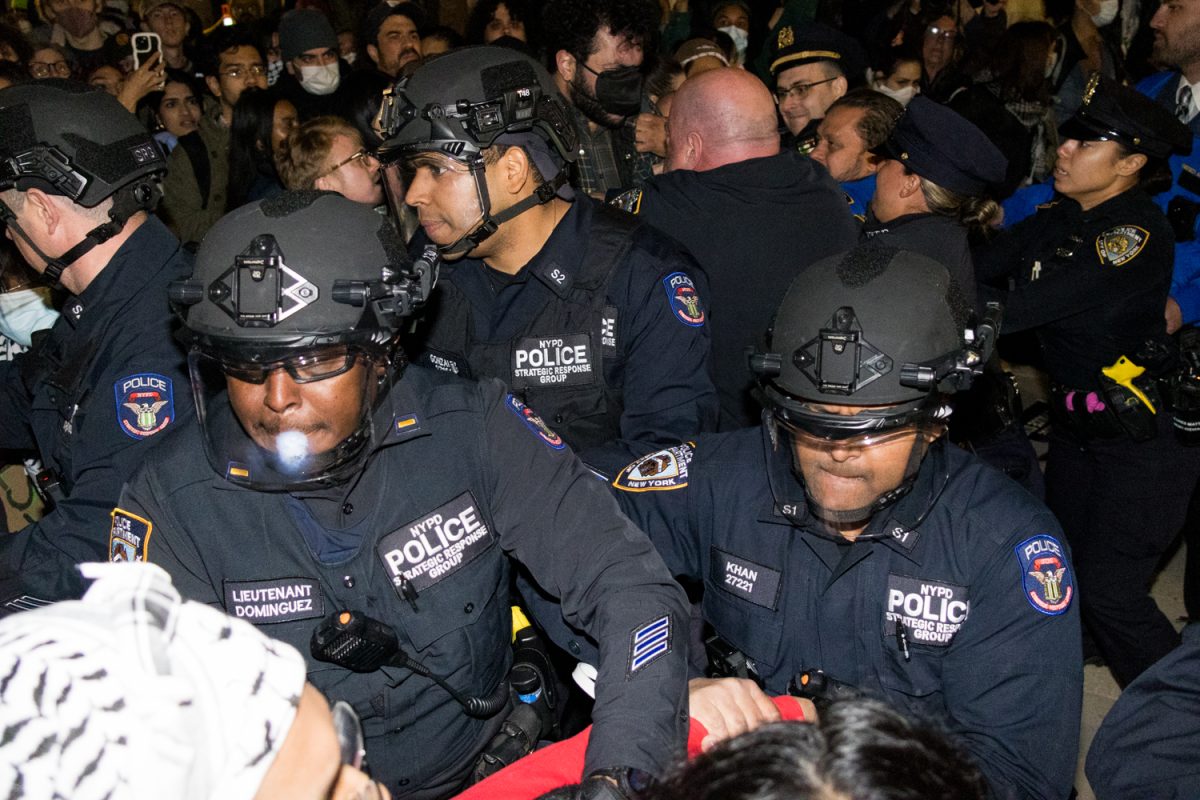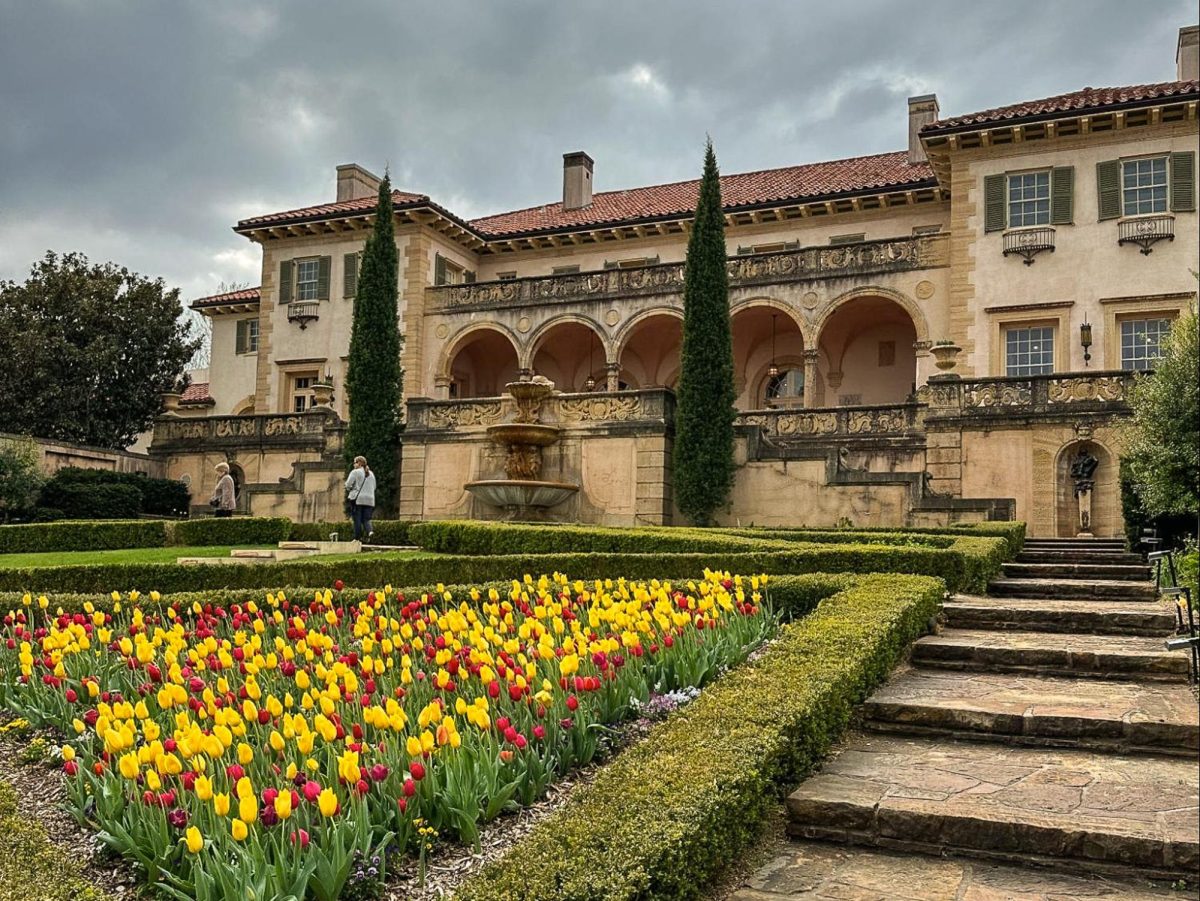Daytime experiences followed by synchronized neural activity can lead to the formation of permanent memories during sleep, according to a recent study conducted by researchers at the NYU Grossman School of Medicine.
The study suggests that during natural pauses in brain activity, large groups of neurons in the hippocampus generate neural activity — known as hippocampal “sharp wave-ripples” — to encode memories. When daytime experiences are followed by five to 20 of these ripples, they are more likely to be replayed during sleep, making the memories permanent.
“It’s a little bit like a polaroid picture, that you may not remember but your parents do,” György Buzsáki, the senior study author and Grossman professor, said in an interview with WSN. “You took a camera and then you took a picture, and then something came out. You didn’t see anything right away and it took about a minute before it developed in front of your eyes.”
The six researchers who conducted the study used electrodes to monitor the electrical activity of neurons in mice’s brains as they went through maze runs, observing the activity of 500 neurons. They focused on identifying patterns of neural activity to try and understand how the brain processes and stores memories during the idle moments such as sleep. They discovered that “sharp wave-ripples” occurred when the mice stopped to eat a sugary treat after navigating through the maze.
Wannan Yang, a study author and graduate student at Grossman who helped conduct the study, said that sleep plays a critical role in memory consolidation.
“The question we’re trying to answer — given that we don’t remember everything we experience during the day — is ‘how does the brain selectively consolidate certain things whereas it forgets others?’” Yang told WSN.
In the March 28 press release, Yang said the study’s findings can help with further research aimed at enhancing memory through manipulating “sharp wave-ripples” and decreasing the likelihood of recurring traumatic memories.
“The most fascinating thing about memory is that it’s already a very abstract concept that is an emergent phenomenon, arising from biological devices like molecules and neurons,” Yang said. “Those physical devices give rise to this very abstract concept of memory.”
Contact Gabrielle Panelo at [email protected].













































































































































